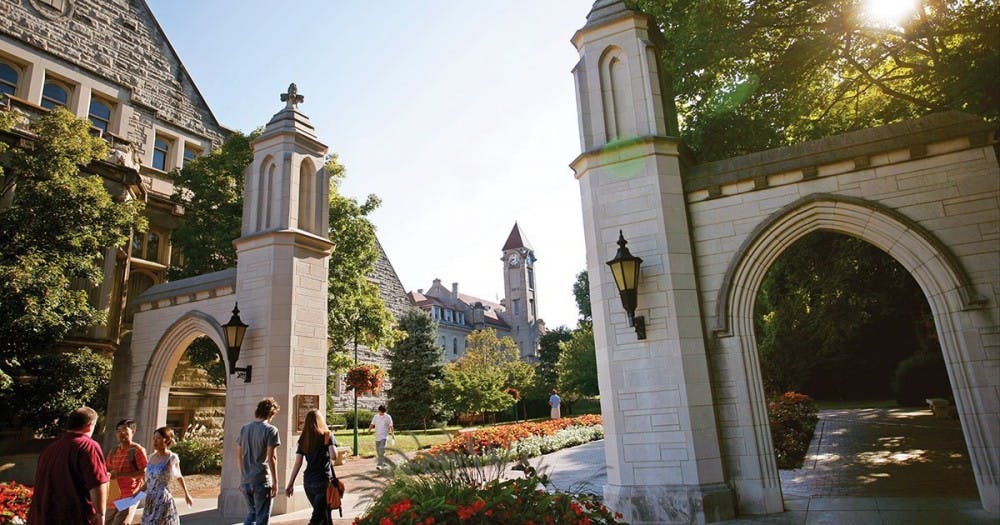A federal judge has blocked Indiana University’s “expressive activity” policy, issuing a preliminary injunction against the educational institution’s 2024 rule on Thursday.
Protesters across the country, many of them college students, rallied in support of Palestine near the end of the 2024 school year. At protests on IU’s Bloomington campus, police arrested 57 protesters at a pro-Palestine encampment following a last-minute rule amendment concerning temporary structures in Dunn Meadow that reversed a long-standing policy.
Later that year, in November, the university implemented a new policy that required prior approval for daytime campus protests and banned activities occurring between 11 p.m. and 6 a.m. The American Civil Liberties Union of Indiana responded by filing suit on behalf of students, faculty members and others who wished to protest against the school in the future.
RELATED: IU releases review of April protest activity and enforcement
According to the rule, an expressive activity can include protests, speeches, petitions and “all other unapproved conduct and activities otherwise prohibited” by school policy or law. Plaintiffs argued that the new language restricted activity during nighttime hours even if it wasn’t disruptive while university officials maintained that its police department was too short-staffed to allow for overnight protests.
Determining that the case would likely succeed in court and potentially violated the First Amendment, U.S. Southern District of Indiana Judge Richard L. Young ruled in favor of the plaintiffs.
“In sum, the Policy likely burdens substantially more speech than necessary to further the University’s interest in public safety and thus lacks narrow tailoring,” ruled Young.
“IU’s policy would apply to activities such as peaceful candlelight vigils, silently holding a sign, or even wearing a t-shirt that protests world events. The First Amendment does not allow a governmental entity to prohibit all forms of expression during certain hours of the day. We’re pleased that the Court agreed,” said Ken Falk, the ACLU of Indiana’s legal director.
This article is republished as part of a collaborative content-sharing agreement between Ball State Unified Media and Indiana Capital Chronicle, established to expand access to high-quality journalism and to better inform and serve the public through trusted, in-depth reporting.





